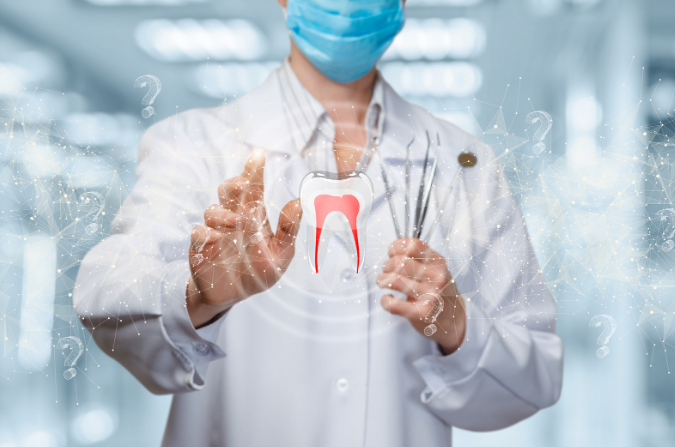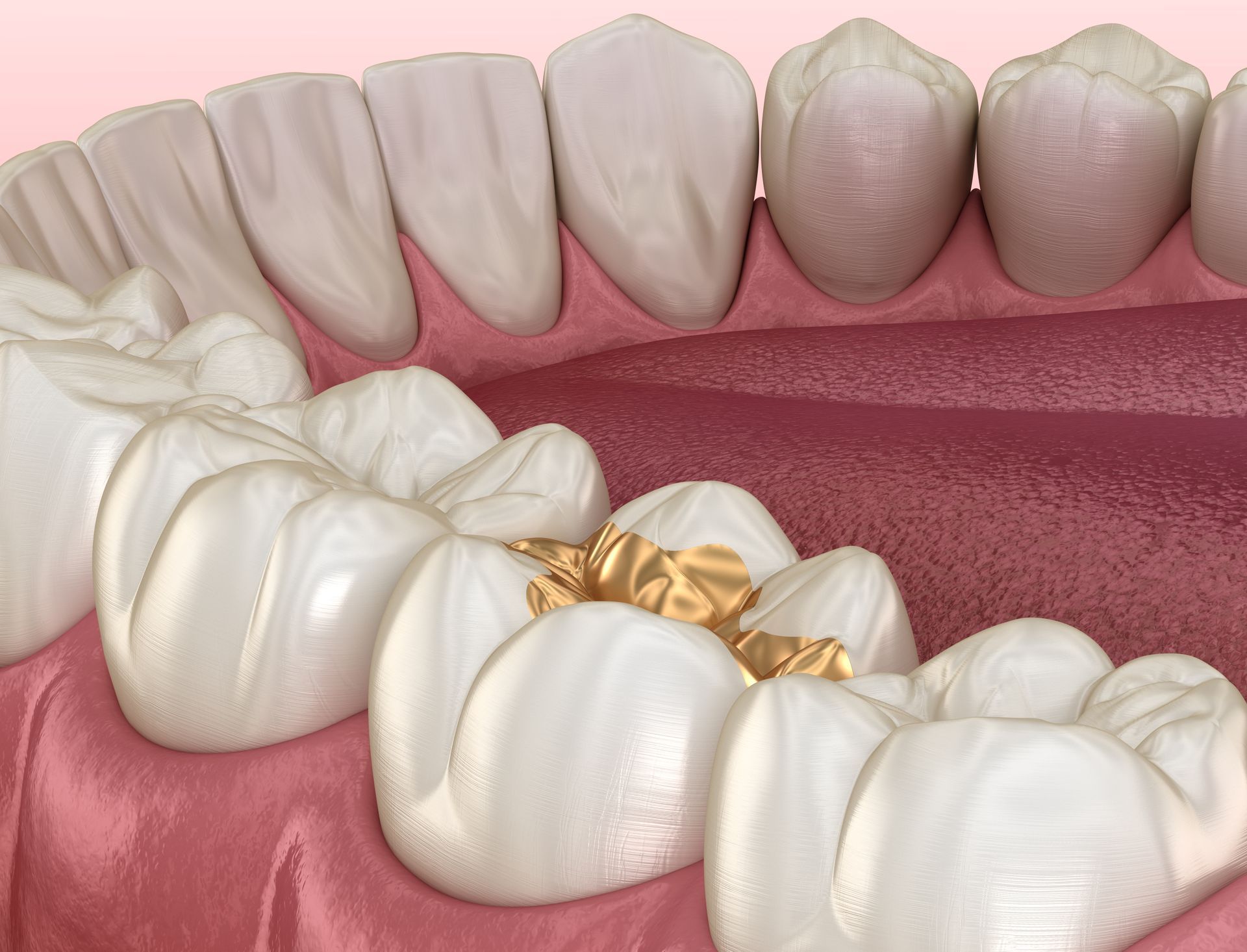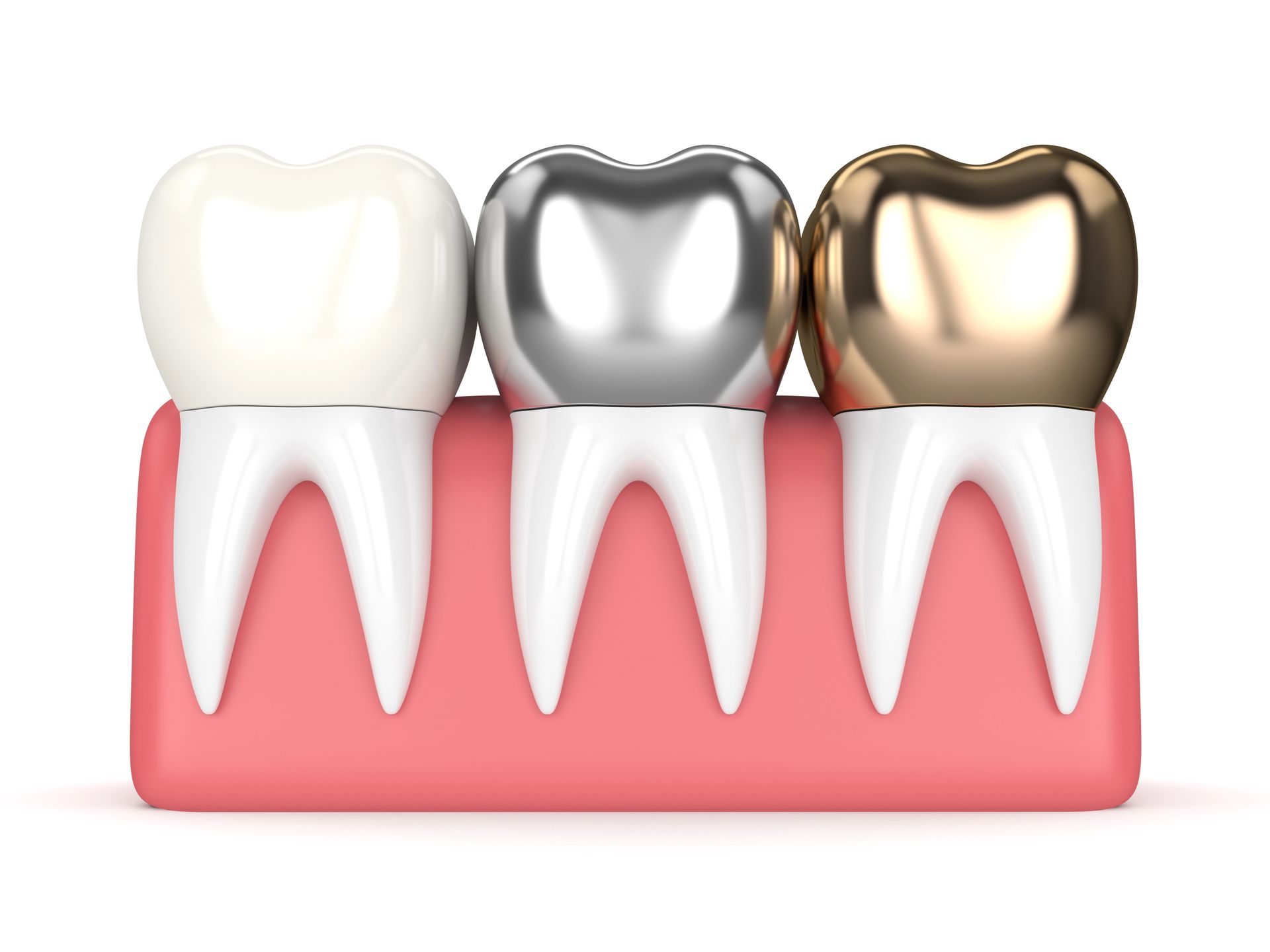7 Common Reasons for Tooth Extractions and What to Expect
Tooth extractions are often a necessary part of dental care, especially for those seeking to maintain optimal oral health. At Distinctive Dental Service, we understand that the idea of having a tooth removed can be daunting. However, being informed about the common reasons for tooth extractions and what the process entails can alleviate much of the anxiety surrounding this procedure. Below, we explore seven prevalent reasons why tooth extractions might be required, along with insights into what you can expect during the process.
1. Severe Tooth Decay
One of the primary reasons for tooth extractions is severe tooth decay. When cavities progress beyond the point of repair, they can compromise the integrity of the tooth, making it unstable and painful. Our experienced dentists are adept at diagnosing the extent of decay through thorough examinations and X-rays. If a tooth is deemed unsalvageable—meaning that root canal treatment or other restorative procedures are no longer effective—a tooth extraction may be the best course of action to relieve pain and prevent further infection.
2. Gum Disease
Gum disease is another significant factor leading to tooth extractions. When plaque and tartar build-up leads to inflammation of the gums, it can progress to a more severe form known as periodontitis. This condition can cause the gums to recede and the bone supporting the teeth to deteriorate. If left untreated, affected teeth may become loose and require extraction to maintain overall oral health. Our dental team in Westport emphasizes preventive care and early intervention to mitigate the effects of gum disease and protect your smile.
3. Overcrowding
Overcrowded teeth can pose both aesthetic and functional challenges. When there isn’t enough space in the jaw for all the teeth to fit properly, some may need to be extracted to create room for alignment. This is particularly common in preparation for orthodontic treatment, such as braces or Invisalign. By removing specific teeth, we can facilitate a more effective alignment process, ultimately leading to a healthier bite and improved overall dental function.
4. Impacted Wisdom Teeth
Wisdom teeth, or third molars, often become impacted due to lack of space in the jaw. Impacted wisdom teeth can cause discomfort, swelling, and even infection. We frequently encounter patients experiencing pain from these teeth. Extraction is typically recommended to prevent potential complications, such as damage to adjacent teeth and the onset of gum disease. Our team is well-equipped to handle wisdom tooth extractions, ensuring that patients receive comprehensive care and support throughout the process.
5. Dental Trauma
Injuries resulting from accidents or sports can lead to severe damage to the teeth. In cases where a tooth is fractured beyond repair or has suffered significant trauma, extraction may be necessary. We understand that dental trauma can be distressing, and our compassionate staff is dedicated to providing a supportive environment for treatment. After an assessment, we will determine the best course of action to restore your oral health and comfort.
6. Certain Medical Conditions
Certain medical conditions can also necessitate tooth extractions. For example, patients undergoing chemotherapy or radiation may experience weakened immune systems, making them more susceptible to infections. In such cases, dentists may recommend extractions to reduce the risk of complications. Additionally, conditions like diabetes can affect the body’s ability to heal, further emphasizing the importance of addressing problematic teeth before they lead to more significant health issues.
7. Preparation for Dentures
For individuals transitioning to dentures, tooth extractions may be required to accommodate the new dental appliances. Whether it’s partial or complete dentures, our team guides patients through the extraction process, ensuring they understand each step involved. This preparation is crucial for achieving a comfortable fit and optimal functionality of the dentures, allowing patients to regain their confidence in their smiles.
What to Expect During a Tooth Extraction
Understanding what to expect during a tooth extraction can significantly ease anxiety. Prior to the procedure, your dentist will conduct a thorough examination and X-rays to evaluate the tooth and surrounding structures. This assessment ensures that an appropriate treatment plan is formulated.
On the day of the extraction, local anesthesia will be administered to numb the area, minimizing discomfort. In some cases, sedation options may be discussed to help patients feel more relaxed. The extraction process itself involves the careful removal of the tooth from its socket, a skillful procedure that our experienced dentists perform with precision.
Post-extraction, patients may experience mild discomfort and swelling, which can be managed with prescribed pain medications and cold compresses. Our team provides detailed aftercare instructions to promote healing and ensure a smooth recovery. Follow-up appointments are scheduled to monitor healing progress and address any concerns.
At Distinctive Dental Service, we prioritize patient comfort and well-being. We are committed to providing you with the highest quality dental care, whether you require routine check-ups or more complex procedures like tooth extractions. If you are facing the possibility of a tooth extraction or have questions regarding your dental health, we invite you to contact us today. Our knowledgeable team is here to support you every step of the way on your journey to a healthier smile.
Frequently Asked Questions:
1. Why would I need a tooth extraction?
Tooth extractions are typically necessary for severe tooth decay, gum disease, overcrowding, impacted wisdom teeth, dental trauma, certain medical conditions, or preparation for dentures. If a tooth is beyond repair or poses a risk to your overall oral health, extraction may be the best option to relieve pain and prevent further complications.
2. How do I know if my tooth needs to be extracted due to decay?
If a cavity has progressed beyond the point of repair and cannot be treated with a root canal or filling, extraction may be necessary. Your dentist will assess the extent of the decay using X-rays and clinical examination to determine if extraction is required to prevent infection and relieve pain.
3. What is gum disease and how does it lead to tooth extractions?
Gum disease, particularly periodontitis, is an infection of the gums that can lead to the deterioration of the bone supporting your teeth. If left untreated, this can cause teeth to loosen, and extraction may be required to protect your oral health and prevent the infection from spreading.
4. What is overcrowding, and why does it lead to tooth extraction?
Overcrowding occurs when there is not enough space in the jaw for all your teeth to fit properly. This can lead to functional and aesthetic problems. Tooth extractions may be necessary before orthodontic treatments like braces or Invisalign to create space for proper alignment.
5. Why do impacted wisdom teeth require extraction?
Impacted wisdom teeth are third molars that don't have enough room to emerge properly. This can cause pain, swelling, infection, and damage to adjacent teeth. Extraction is recommended to prevent further complications and alleviate discomfort.
6. What should I do if I have a tooth knocked out due to an injury?
In the case of dental trauma, such as a tooth being knocked out or fractured, extraction may be necessary if the tooth cannot be repaired. It's important to see your dentist immediately to assess the extent of the damage and determine the best course of action for restoring your oral health.
7. Are there medical conditions that require tooth extractions?
Certain medical conditions, like compromised immune systems due to chemotherapy, diabetes, or other health issues that impair healing, may necessitate tooth extractions to reduce the risk of infection and further complications.
8. Do I need tooth extractions for dentures?
If you're transitioning to dentures, extractions may be required to ensure a proper fit and functionality. Whether you need partial or full dentures, your dentist will guide you through the process to ensure the most comfortable and effective solution.
9. What can I expect during a tooth extraction?
Before the procedure, your dentist will evaluate the tooth and surrounding area with X-rays. Local anesthesia is administered to numb the area, and in some cases, sedation options may be offered. After the extraction, you may experience mild discomfort and swelling, which can be managed with pain medications and cold compresses. Detailed aftercare instructions will be provided to ensure proper healing.
10. How long does it take to recover from a tooth extraction?
Recovery time can vary, but most patients experience mild discomfort for a few days after the procedure. Swelling and bruising are common, but they typically subside within a week. It's important to follow your dentist's aftercare instructions to promote healing and avoid complications.












